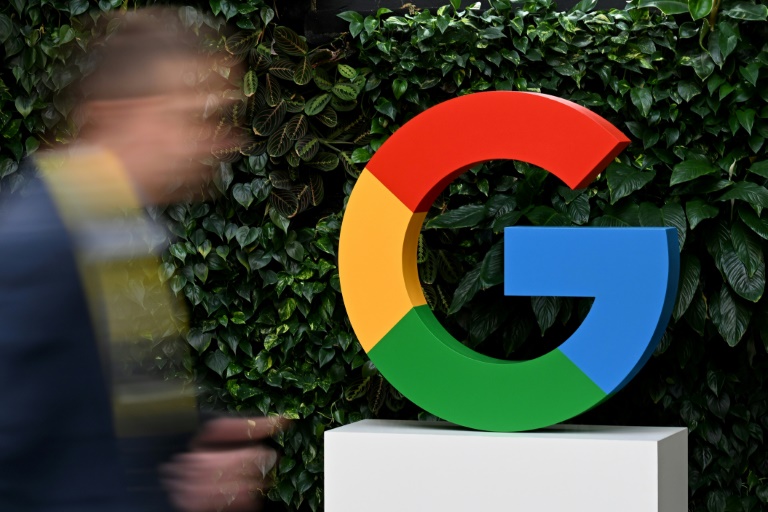Education
University of Waterloo and Google Team Up to Redefine Learning

In a significant development for education and workforce preparation, the University of Waterloo and Google have announced a new collaboration that focuses on the influence of artificial intelligence (AI) on learning and career readiness. This initiative includes a financial commitment of $1 million CAD from Google, aimed at exploring innovative educational paradigms.
Establishing the Google Chair in Future Work and Learning
The funding will primarily support the establishment of a new Google Chair in the Future of Work and Learning, with Professor Edith Law of the Computer Science department assuming this role. Professor Law is recognized for her groundbreaking work in enhancing human-AI collaboration, and she will engage closely with students and researchers to develop AI-driven educational tools.
In this new capacity, Law will address vital questions that educational institutions face today, including how to prepare students for jobs that have yet to be created, how to adapt learning experiences to diverse student needs, and how to ensure graduates are ready for an ever-evolving workforce.
Fostering Innovation Through the Futures Lab
As part of this collaboration, the Futures Lab will serve as a hands-on learning environment where interdisciplinary teams of students will collaborate with faculty from the University of Waterloo and mentors from Google. Together, they will create AI-powered learning prototypes utilizing advanced tools such as Gemini and AI Studio.
These teams will meet multiple times each year, fostering a culture of innovation and proactive learning. The initiative aims not only to develop new educational resources but also to equip students with the skills necessary for future careers in technology-driven environments.
Mira Lane, Vice President of Society and Technology at Google, emphasized the importance of this partnership, stating, “In an era of rapid technological advancement, ensuring education can continue to fulfil that promise for everyone is critical.”
Professor Law echoed this sentiment, highlighting the collaborative effort: “This collaboration brings together our expertise in AI with the University of Waterloo’s visionary educational approach. To kick things off, we are establishing a new Google Chair to explore new paradigms of learning and teaching.”
Previous Collaborations and Future Prospects
This is not the first time Google has partnered with the University of Waterloo. The tech giant has previously supported initiatives like Kids on Campus, which allows Grade 4 students to engage in STEM activities at the university. Additionally, Google has contributed to the university’s Women in Computer Science (WiCS) program and collaborated on hosting a K-12 AI Day for educators through the Jimmy Lin Data and the Waterloo Data and Artificial Intelligence Institute.
As this partnership unfolds, it is poised to significantly influence both educational practices and workforce development, preparing the next generation to thrive in an increasingly AI-driven world. The collaboration between the University of Waterloo and Google represents a forward-thinking approach to harnessing technology in education, setting a precedent for future initiatives.
-

 Science3 months ago
Science3 months agoToyoake City Proposes Daily Two-Hour Smartphone Use Limit
-

 Top Stories3 months ago
Top Stories3 months agoPedestrian Fatally Injured in Esquimalt Collision on August 14
-

 Health3 months ago
Health3 months agoB.C. Review Reveals Urgent Need for Rare-Disease Drug Reforms
-

 Technology3 months ago
Technology3 months agoDark Adventure Game “Bye Sweet Carole” Set for October Release
-

 World3 months ago
World3 months agoJimmy Lai’s Defense Challenges Charges Under National Security Law
-

 Lifestyle3 months ago
Lifestyle3 months agoVictoria’s Pop-Up Shop Shines Light on B.C.’s Wolf Cull
-

 Technology3 months ago
Technology3 months agoKonami Revives Iconic Metal Gear Solid Delta Ahead of Release
-

 Technology3 months ago
Technology3 months agoApple Expands Self-Service Repair Program to Canada
-

 Technology3 months ago
Technology3 months agoSnapmaker U1 Color 3D Printer Redefines Speed and Sustainability
-

 Technology3 months ago
Technology3 months agoAION Folding Knife: Redefining EDC Design with Premium Materials
-

 Technology3 months ago
Technology3 months agoSolve Today’s Wordle Challenge: Hints and Answer for August 19
-

 Business3 months ago
Business3 months agoGordon Murray Automotive Unveils S1 LM and Le Mans GTR at Monterey









